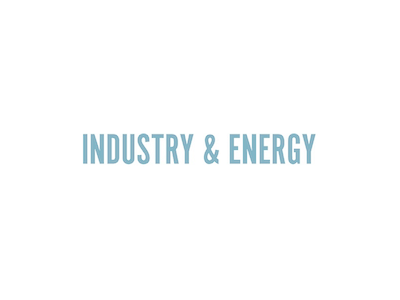Finland – Wärtsilä has invested heavily in research and development to investigate how Carbon Capture and Storage (CCS) can be produced and scaled in the maritime sector.
Wärtsilä is building a 1MW pilot plant at its test facility in Moss, Norway, to help accelerate production. Wärtsilä will be able to test its CCS technology in a variety of scenarios and environments thanks to this pilot project.
Combating marine CO2 pollution
Wärtsilä Exhaust Treatment stresses the ability for exhaust gas abatement technologies to directly combat marine carbon dioxide (CO2) pollution in the near future, as technology progresses and manufacturers are able to design and upgrade scrubbers to absorb carbon at the point of exhaust.
Scrubber-enabled carbon capture and storage must play a critical role in the suite of strategies assisting in shipping decarbonization, which also includes alternative fuels and optimization innovations. Since there is no single approach to the environmental effects of shipping, the industry must evolve widely in various fields.
Focus on carbon
Given the magnitude of the upcoming decarbonization problem, Wärtsilä Exhaust Treatment believes there is no better place to direct attention than on the most significant pollution of all–carbon –and see how we can use what we have already learnt from sulphur, both as an organization and as an industry.
Wärtsilä Exhaust Treatment is the market’s leading maker of marine exhaust gas cleaning devices, offering a number of lifecycle scrubbing solutions. Wärtsilä Exhaust Treatment includes optimized compatible systems in open loop, closed loop, and hybrid configurations for all types of ships. Wärtsilä’s scrubbers are designed with a flexible approach to future technological advancement in mind, providing a forum for the reduction of non-sulphur emissions from shipping.





